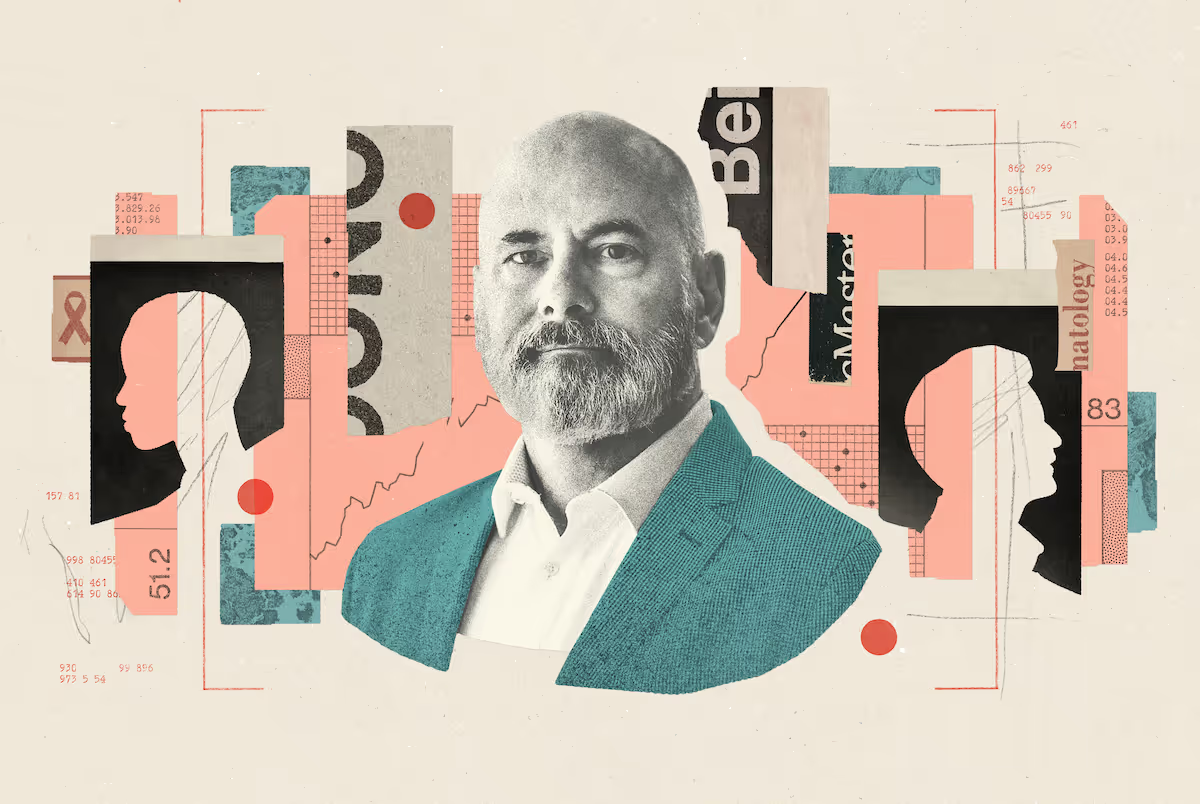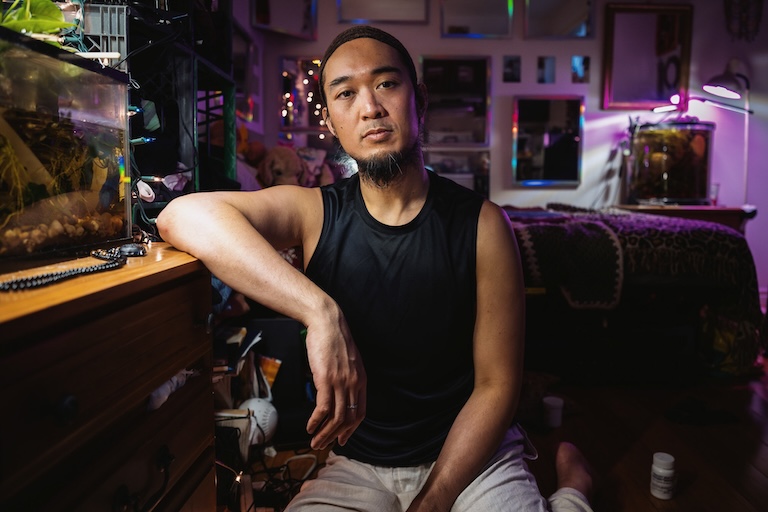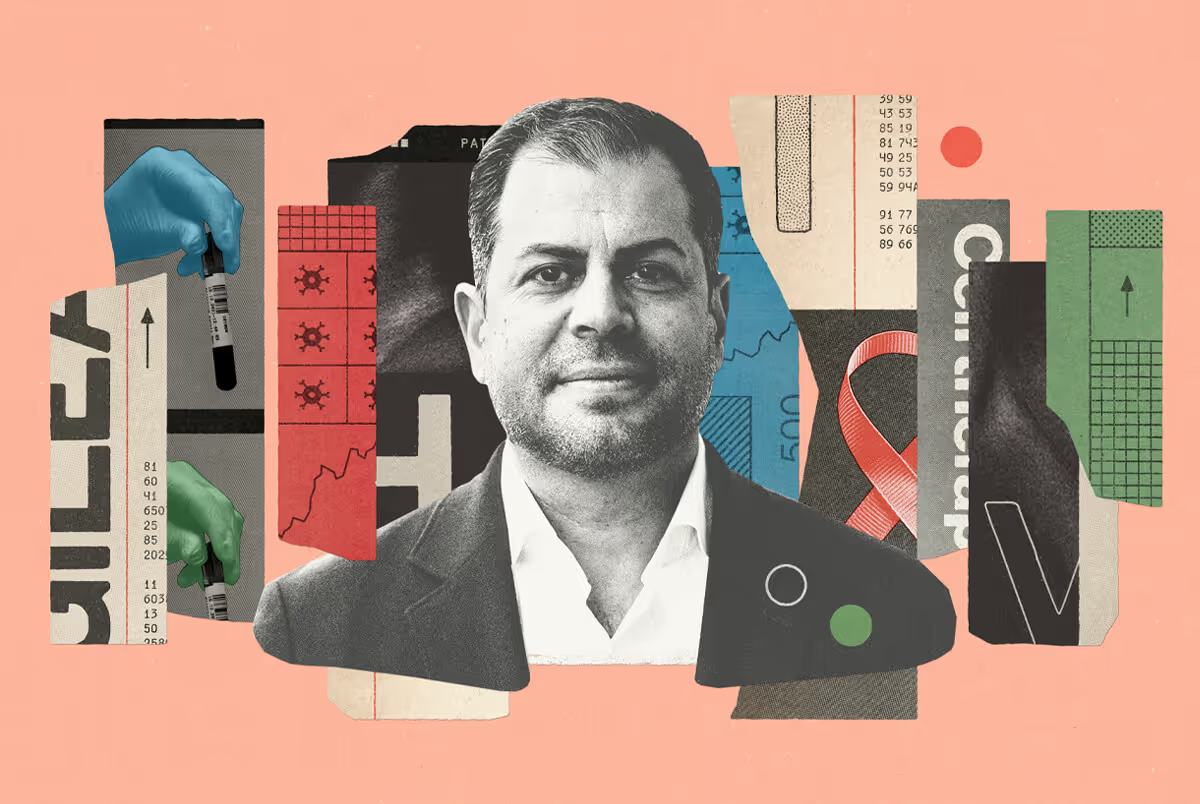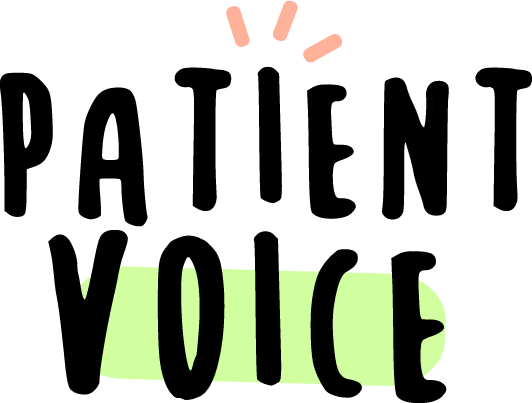
How and why did you get involved in the life sciences?
Interestingly, it was my MBA degree that got me hooked on life sciences. The MBA program at McMaster University had a unique health services management stream, which I pursued because I thought it’d be a great way to combine my undergraduate degree in science with some formal business training. That ended up working out really well for me.
My first real job was as a fellow in finance at the Victoria Hospital in London, Ont. Over the last 30 years, I’ve had all kinds of different roles in the healthcare and life sciences industry. I’ve worked for government, industry, not-for-profits, and most recently on creating and launching startups. I’ve gotten to see healthcare in Canada from all sides and all different perspectives.
I love the challenge and constant change involved in the life sciences. The sheer potential of scientific discovery and its intersection with the human condition have been powerful motivators to me to get involved and stay involved. Over the years, I’ve had the opportunity to bring numerous innovative treatments to Canada in an effort to improve patient outcomes. And it all comes back to those early days of science and business at McMaster.
I ended up in the blood cancer space — and the rare disease space, prior to this — because both are areas with great unmet need. BeiGene is a small, young, nimble company whose vision is to challenge the status quo and radically improve access to cancer medicines for patients who need them. That’s what attracted me. It was something I needed to be a part of.

What are some of the key lessons you’ve learned along the way?
I’ve learned that there are real challenges in the Canadian health care system. Our system isn’t open to adopting new therapies to help patients — it’s a very skeptical, cautious, and slow system, unlike what we see in other countries. And I’ve learned that “one size fits all” doesn’t work. It takes creativity to get away from the one-size-fits-all approach and to understand the healthcare ecosystem and to bring meaningful solutions forward. You just need to be passionate and determined. Also, all the stakeholders — clinicians, professional associations, advocacy groups — all share a similar goal. We need to focus on getting those interests aligned and trying to find solutions that work for everyone.
“Our system isn’t open to adopting new therapies to help patients — it’s a very skeptical, cautious, and slow system, unlike what we see in other countries.”
In your opinion, what makes your company unique?
BeiGene is a global company that challenges the status quo and aims to make sure medicines are accessible to people wherever they are. But it’s also a small, young company. It was launched in 2010 by two Americans whose vision was to research and develop products in-house, keep costs low, and go global quickly. In only 13 years, the company has grown swiftly. We’re in over 65 countries and have already brought three internally developed medicines to market, which is unheard of.
Investing in trying to get more and more done is really what makes this company so unique. We have one of the largest internal oncology research teams in the world, with over 1,000 scientists trying to find solutions for over 80 per cent of cancers. We’re doing hundreds of clinical trials in 45 different countries. Our goal is to accelerate and do more. For a small company to be doing all this is completely unique.

Why are you passionate about serving Canada’s blood cancer community?
Our tagline at BeiGene is “Cancer has no borders. Neither do we.” This is really what it comes back to. This is what makes us tick. I know our innovation can make a difference to Canadians living with blood cancer, along with their families and their support systems. We want to break down the borders that hinder their access to care. I’m driven to see this done, and our team is all in when it comes to working on behalf of the entire blood cancer community.
We have a product that we know can make a difference in chronic lymphocytic leukemia (CLL), Waldenström's macroglobulinemia (WM), mantle cell lymphoma (MCL) and marginal zone lymphoma (MZL), and we’re doing research in many more spaces as well.
.avif)
How can we better care for all Canadian cancer patients?
We need so many things — health promotion and awareness, more primary care doctors, more space in medical schools, better working conditions for nurses, more funding for hospitals, and faster access to medicines. There’s so much that needs to be done but there’s no magic bullet that can repair our public system, which has eroded over the years. But I think we can start to spark change individually.
It’s going to take effort from all of us, whether it’s a company bringing a therapy to Canada, or a drug plan that decides to approve it, or a clinician that chooses to utilize it. Evolution can only happen when the system encourages new and better treatments, and also when people demand change. We can’t sit back and wait for the system to look after us, because we’re all part of this health system. We can all influence the care that we receive.
There’s an expression I like: “Governments are like wheelbarrows — they’re useful but they have to be pushed.” This is how we have to think about our health system, too. We can’t just accept it. Everyone has to start to rise up and to say, “No, this isn’t acceptable, we can do better.” If we all say that, then we will do better.
To learn more about BeiGene Canada please visit www.BeiGene.ca.
This story was created by Patient Voice, on behalf of BeiGene Canada.




